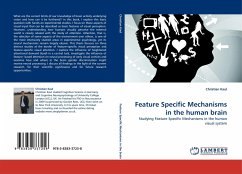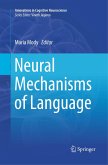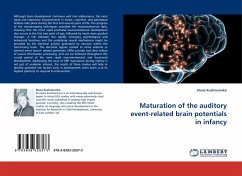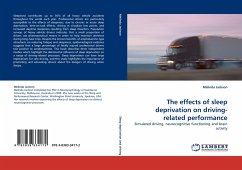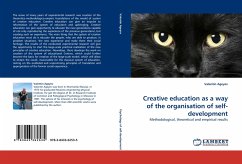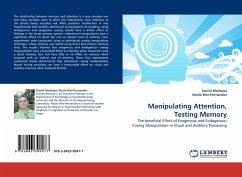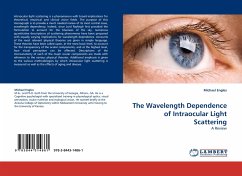What are the current limits of our knowledge of brain activity underlying vision and how can it be furthered? In this book, I explore this basic question with hands-on experimental studies. I focus on those aspects of visual input that can be described as basic features of visual perception. However, understanding how humans visually perceive the external world is closely related with the study of attention. Attention, that is, the selection of some aspects of the environment over others, is one of the most intensively studied areas in experimental psychology, yet its neural mechanisms remain largely elusive. This thesis focuses on three distinct studies at the border of feature-specific visual perception and feature-specific visual attention. I explore the influence of heightened attentional demand (load) in a central task, investigate the influence of feature- based attention on neural processing of early visual cortices and examine how and where in the brain gender discrimination might receive neural processing. I discuss all findings in the light of the current research, for their scientific significance and for future research opportunities.
Bitte wählen Sie Ihr Anliegen aus.
Rechnungen
Retourenschein anfordern
Bestellstatus
Storno

